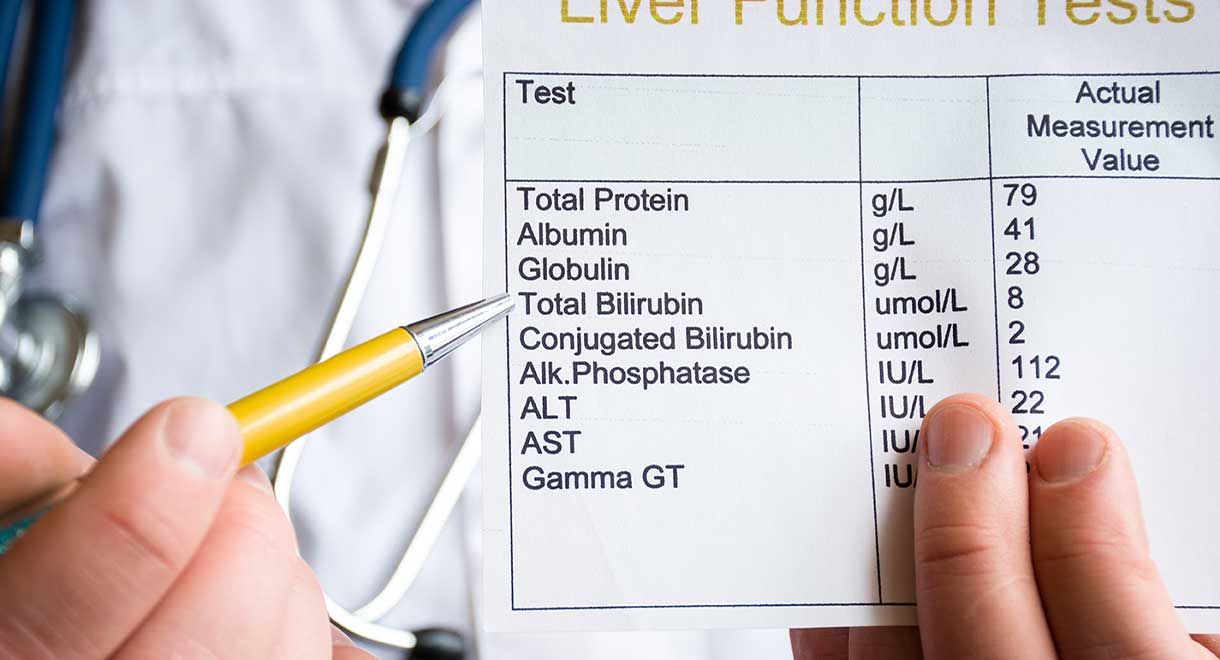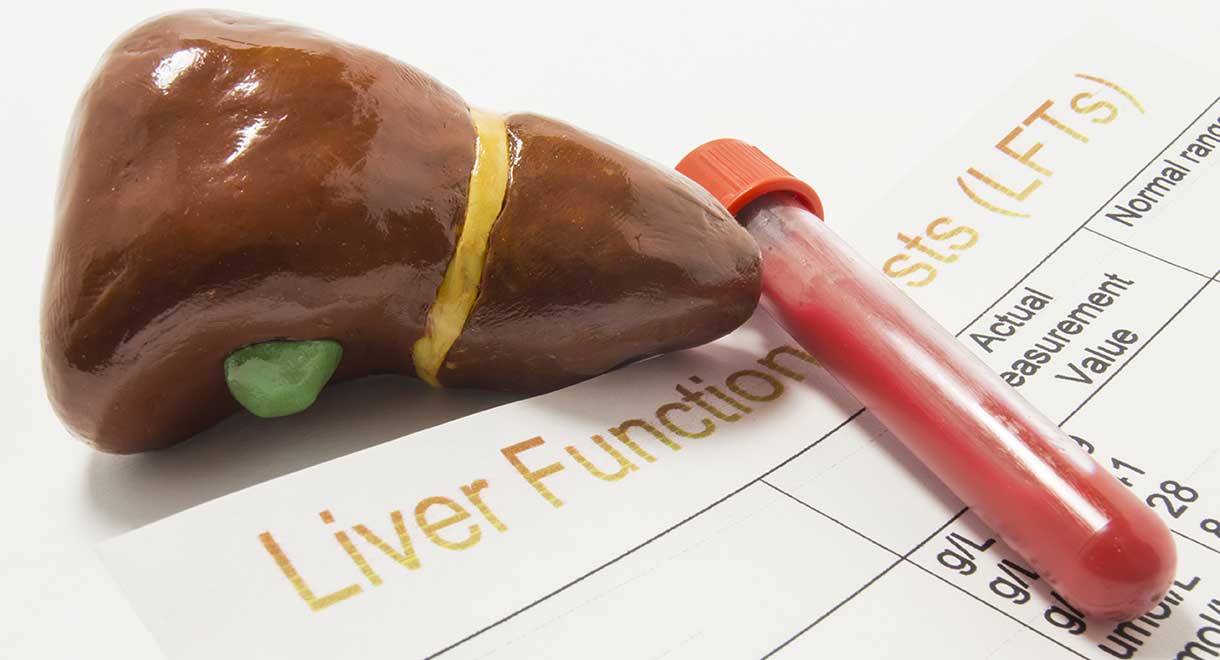How to read your liver blood tests
By naturopath Margaret Jasinska
The last time you had a blood test, you probably had a liver function test. This is typically done on a standard blood test, as part of a general check up. We recommend you have a liver function test once a year if you are in good health. People with specific medical conditions, and people taking certain prescription medications may need to have one more frequently. A liver function test can give you a good indicator of your liver health, and also your general health.
Many people with treatable liver diseases are not receiving treatment because abnormal liver function tests are not being properly investigated. It is important to know that even slightly elevated liver enzymes can indicate serious liver diseases. If a blood test has shown you have elevated liver enzymes, this test should be repeated 6 weeks later. The liver enzymes belong in your liver cells, where they perform various metabolic functions. If your liver cells become damaged, the enzymes leak into your bloodstream and give an elevated reading on a blood test.
The following factors may cause an abnormal liver blood test result
- Excess alcohol
- Fatty liver
- Coeliac disease in an undiagnosed individual, or if the person isn’t following a gluten-free diet
- Cirrhosis
- Viral hepatitis
- Other viral infections such as Cytomegalovirus, Epstein Barr virus or a bad case of the flu or gastroenteritis
- Autoimmune disease, especially connective tissue disease or inflammatory bowel disease
- Haemachromatosis (hereditary iron overload)
- Drug side effects on the liver – the most common drug culprits are statins (cholesterol lowering drugs), analgesics, Non Steroidal Anti-inflammatory Drugs (NSAIDs), antibiotics, anti-epileptics, and immune-suppressant drugs

| GGT (gamma glutamyltransferase) | Usually indicates alcohol or drug side effects, or insulin resistance. |
| ALT or AST (alanine amino transferase and aspartate aminotransferase) | Usually indicate inflammation due to fatty liver, hepatitis, toxic injury from medication or iron overload. |
| ALP (alkaline phosphatase) | May indicate slow bile flow or infiltration of the liver with cancer. ALP may also come from the bones, therefore may be due to non-liver related conditions. |
| Bilirubin | If mildly elevated, this is often a sign of Gilbert’s syndrome, which is an inherited, mostly harmless condition of impaired bilirubin secretion. Significantly elevated bilirubin occurs with jaundice. This may be due to hepatitis, gallstones, haemolytic anaemia, cancer and a few other conditions. |
If liver enzymes remain elevated over several months, further tests must be done and these include, blood iron studies, hepatitis virus tests, blood copper levels, auto-antibody levels and an ultrasound of the liver. A Fibroscan of the liver can be done to check for cirrhosis and in some cases a liver biopsy may be needed. It is best to also consult a liver specialist (hepatologist).
Elevated liver enzymes indicate inflammation of liver cells and thus damage to liver cells. It is important to stop this inflammation to prevent scarring (cirrhosis) of the liver.
For more information see our books Fatty Liver: You Can Reverse It and Healing Autoimmune Disease: A plan to help your immune system and reduce inflammation.









Do you help with interpreting a liver test result?
Hi Lesieli,
You can call our free health advisory line on 02 4655 4666 to speak to a naturopath about your blood test results.
Kind regards,
Louise
Thanks Dr. Cabot for the information. I went and found my blood test which is only a few weeks old and looked up the various categories that you highlighted. I am very health conscious but I have family who are suffering various forms of Cancer and I cannot help but think that some of them did not pay a great deal of attention to their health by having regular check-ups and understanding areas of concern. Thanks so much.
Hi Catherine,
Thank you for your comment.
Yes, unfortunately many people don’t have regular check ups and miss the chance to catch their disease early.
It’s good that you’re health conscious
Kind regards,
Louise